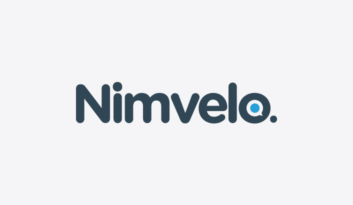When you’re just starting out, running your own business seems like climbing a mountain. How will you pay the mortgage? How will you afford stock? Will anyone be interested in buying from you, and how will you sustain interest long term?
Don’t let uncertainty put you off. Running your own business could be the break you’ve been working for, and a solution to poor work-life balance. The key is to think pragmatically and tackle each challenge a step at a time.
Time and money
When you’re just starting out, time and money become tightly linked. You need enough time to get the business going, doing all the admin and chores, while also making sure you’re putting in the hours and getting paid. Writers, for example, rarely write for 7 hours a day; they’ll lose a couple of hours a day to admin, marketing and bookkeeping, in the early stages of their business.
While you can start a business with £10 for a cheap domain name, you’ll have to find the time to get momentum going. If you don’t have spare time right now, think about paying other people to take on specific tasks so you can focus on being productive. If someone charges £20 a day to do social media, but saves you three hours of messing around, that might be a bargain worth considering.
Technology
Rushing out to the Apple store and buying the most expensive computer is a Very Bad Idea. Yes, you’ll need a reliable and capable computer, but you don’t necessarily need to spend a fortune in the process of getting one. Try to think about cashflow: you need the right tools for the job at an affordable price.
Where possible, use cloud and virtual technology: it could save you a fortune. For example, once upon a time, business users would get an additional phone line installed – a crazy waste of money in 2015. With an internet phone service, you can have as many phone lines as you like for just a few pounds per month.
If you need to run multiple operating systems, think about virtual machines rather than multiple computers. To keep backups, use cloud services, rather than lots of physical hard drives. It’s cheaper and more convenient.
Cashflow
Profits are important, but so is cashflow. You need to keep money coming in if you’re to be able to pay your own wages and other bills. Try to get a steady routine of monthly customers, and do your invoices once a month on the same day to save time.
When organising bills and subscriptions, it’s best to get everything on a monthly cycle. Predictable payments help you to plan ahead and budget.
More tips
How did you start your business? Which product or service was instrumental to your success? We’d love to hear how you built your company from square one. Let us know in the comments, and don’t forget to follow our blog for the next instalment.

